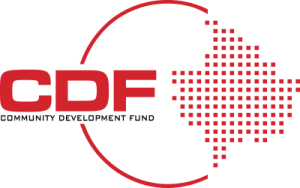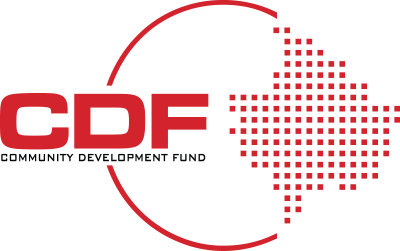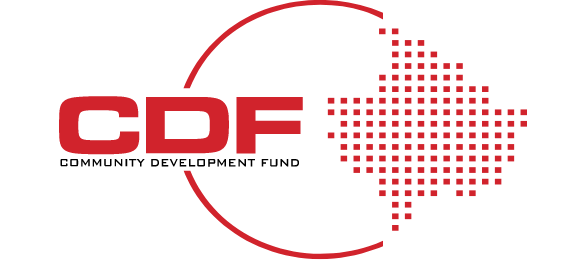For Micro, Small, and Medium-sized Enterprises (MSMEs) navigating the dynamic and competitive landscape of Kosovo, record-keeping is not merely an administrative task but a strategic function integral to both compliance and business growth. A meticulously curated archive of financial records not only steers you clear of legal snafus but also empowers you with actionable insights for sustainable expansion. This comprehensive guide aims to enlighten Kosovo-based MSMEs on best practices in record-keeping that serve the dual purpose of regulatory compliance and business optimization.
The Significance of Record-Keeping in Kosovo
In Kosovo, the importance of robust record-keeping is underscored by stringent laws like the Law on Accounting and the Law on Business Organizations, which necessitate accurate and timely financial documentation for various types of audits and tax assessments.
Dual Purpose of Record-Keeping
- Compliance: To adhere to Kosovo’s financial reporting regulations and tax laws.
- Business Analysis: To evaluate operational performance and make informed decisions.
Types of Records to Keep
Financial Documents
- Invoices: Both received and sent
- Receipts: For all transactions
- Bank Statements: To reconcile accounts
- Tax Returns: For a minimum of five years
Operational Documents
- Contracts: With vendors, clients, and employees
- Inventory Records: Current stock and past orders
- Licenses and Permits: Must be up to date
Example: A software development MSME in Gjakova should maintain a rigorous inventory of all software licenses, both for compliance with intellectual property laws and for capital expenditure analysis.
Best Practices
Digital Storage
Given Kosovo’s increasing digitization, consider cloud-based storage solutions for easier access and robust security.
Regular Audits
Quarterly internal audits can highlight any discrepancies and offer an opportunity for corrective action.
Example: A café in Peja should perform quarterly audits to ensure all food supply invoices are accounted for, aiding in both tax computations and wastage control.
Data Backups
Frequent data backups are non-negotiable to protect against data loss scenarios.
Time-stamping
Utilize time-stamping features to establish a chronological order for all documents, a practice that is often useful in legal scenarios.
Technology Aids for Record-Keeping
- Accounting Software: Platforms that adhere to Kosovo’s financial reporting standards.
- Document Management Systems: For organizing and storing varied types of documents.
Record-keeping in Kosovo’s MSME sector is an unspoken covenant between business viability and regulatory adherence. Far from being a mere bureaucratic requirement, effective record-keeping is a linchpin for business analytics, financial transparency, and strategic foresight. By adopting these best practices, MSMEs in Kosovo not only insulate themselves from legal pitfalls but also position themselves on a trajectory of informed and sustainable growth.








